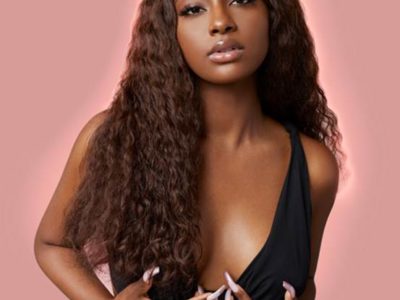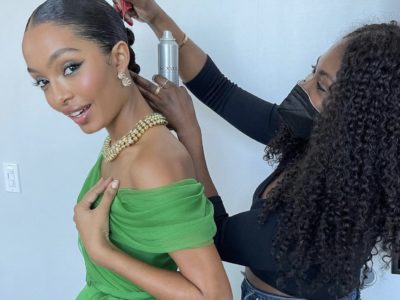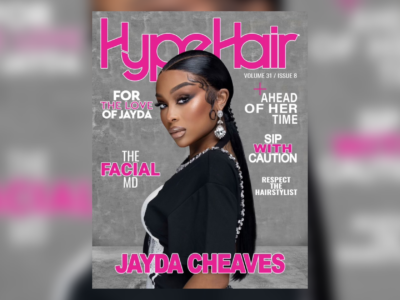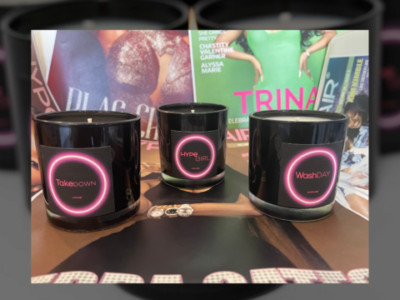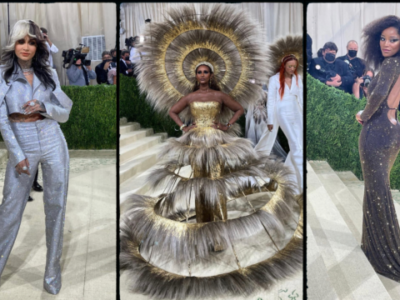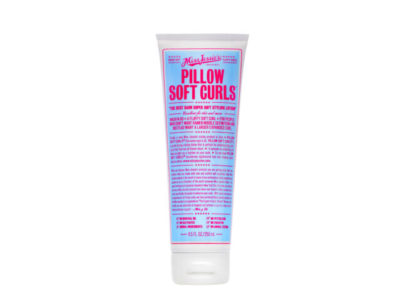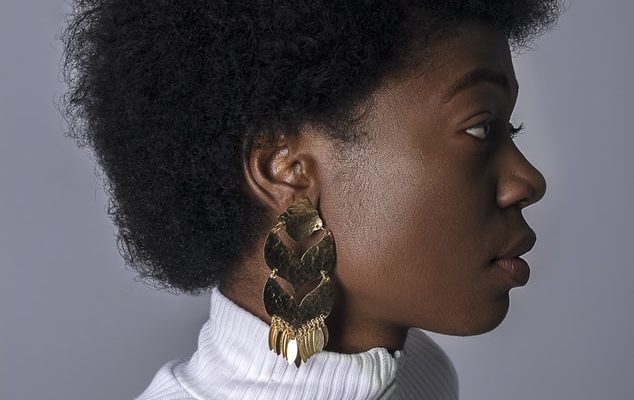
By Jenna Brooks
For a while, if you’re out to go to a salon to get your hair done, most customers go to places that are suited and prepared to deal with their specific hair needs. Unfortunately, most major chain salons like Great Clips or Super Cuts are not tailored to dealing with the curly, kinky hair that many African American women and men have. Their experience tends to end with anything that is curlier than beach waves, which leaves Black women having to do research and go out of their way to find salons tailored to their needs. It doesn’t stop there: when going to stores like Target or Walmart, it’s hard to find products that can work on natural hair. With haircare and the salon experience being such a vulnerable, intimate experience, all women deserve to feel beautiful and taken care of, no matter what type of hair they have.
This drive for inclusivity starts at the very beginning with the training that cosmetologists receive in school. This training is often lacking in how to handle more textured, natural hair and leaves many hairstylists unsure of how to handle anything more than basic, straight white hair. Lack of widespread training means that not only do many hairstylists have to go out of their way to learn how to deal with different hair they might have never experienced before; but it also means that African American women feel isolated in trying to find where to go for even a basic haircut.
The need to fix these issues is becoming more and more apparent as the beauty and hair industry have begun pushing these issues into the light. Bringing in exposure and awareness has helped to create a change in the community. We have seen this with brands such as Fenty Beauty and NYX, creating makeup products for people of all colors, and things like highlighter and bronzer for those with deeper skin tones.
Ignoring the issues African American women are facing in this market is a very poor choice economically, to put it kindly. Women of color spend a lot more on haircare than other women as they often need more products, tools and accessories to take care of their hair. However, things are slowly beginning to change and improve with more and more haircare brands starting to expand their product lines and ranges to fit all types of hair rather than just a short range. The brand Amika has run an “All types of hair are welcome” campaign and now has numerous products for textured, curly hair.
In addition to simply bringing awareness to the subject and creating more diverse products, there needs to be promotion of such products using models with many different types of hair. Advertising more hair products is incredibly beneficial to bringing in a widely diverse audience. After all, consumers are less likely to buy a product if they don’t see anyone who looks like them in the ad campaigns.
Unfortunately, many Black women still feel that they are underrepresented in the beauty and hair industries and this creates a feeling of isolation. Historically, the media has not portrayed natural hair in the best light, with shows like America’s Next Top Model, often taking ethnically diverse contestants and whitewashing their hair, making it blonde, straightening it, or shaving it off entirely. The contestants were made to feel that their natural hair wasn’t beautiful enough or “model-like” enough, feeling pressured into going along with what the hairstylist and producers were telling them.
This issue needs to be addressed directly from the source, with increased training for more diverse hair types and more inclusion of products for all hair types, placed together in department stores. In larger chain salons there needs to be a more diverse number of employees, with ones who know how to handle all types of hair. Additionally, there needs to be a push for more diverse advertising, with models of all hair types seen in product campaigns. No woman should feel that she needs to change her natural hair in order to fit a more popular hairstyle or one the media has deemed more beautiful, because every woman should feel beautiful the way she is.
